Review : VW Golf V ( 2004 – 2009 )
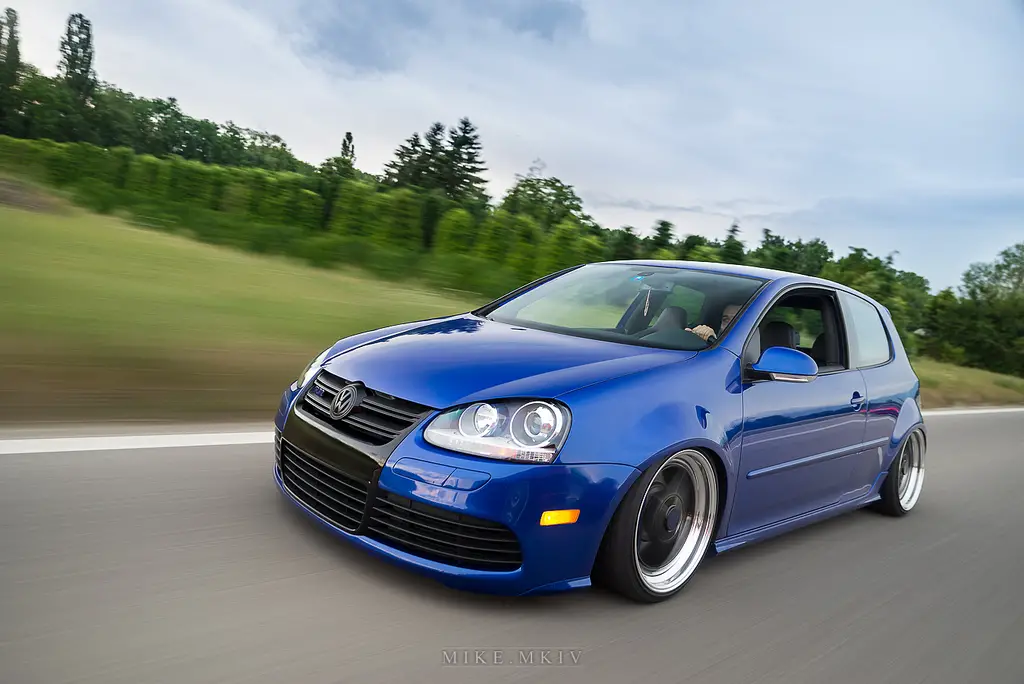
When you say VW Golf, you usually think about VW Golf V if you are older than 20 and younger than 50. The easiest to recognize Golf, the Golfest of the Golfs, enters Almostcarreviews’ attention. The good, the bad, the objective review.
VW Golf V was one of the most short-lived in the family, staying for a brief 4 years. No facelift, no fuss. Yet still, the Golf V remains one of the more iconic members..it was revolution. It arrived in 2004 to retire the defunct Golf IV which was already an typewriter in a desktop world by the time it was launched in 1997, and so the VW Golf V came to refresh the brand. This was VW’s attempt to catch the attention of the younger buyers, not just their traditional 40-year-old-2-kids-moonshine-collecting-traditions-keeping-cargo-shorts-wearing-coupon-hoarding-old-timers that still keep their maintenance records and accounting on an old, dusted notebook. No, VW Golf V was made for people living in 2005, not 1905.
And how did the VW Golf V perform?
Not too bad. Relying on the fame and reliability of the prior model, the VW Golf V quickly became the official car for the people that want a car but don’t know exactly what they want. You want a decent car and you know nothing about cars? VW Golf V. You need a decent car that will move your bottom from home to work and back? VW Golf V. Got to travel around the country and beyond? VW Golf V.
If I were to compare this car to a person, it would be Bruce Willis. There’s not a role that this car will turn down. It’s a flexible car that can adapt to a lot of situations, no matter how possible or impossible. Wanta sports car? Then get a 3 door 2.0 TFSI. Want something for the family guy within you? Get the Golf V Variant with a 2.0 TDI engine. Want something for the urban jungle? 5 doors and 1.6 naturally aspirated petrol engine. Are you a fan of Justice Beaver? Then get the cabriolet and the 1.4 naturally aspirated petrol.
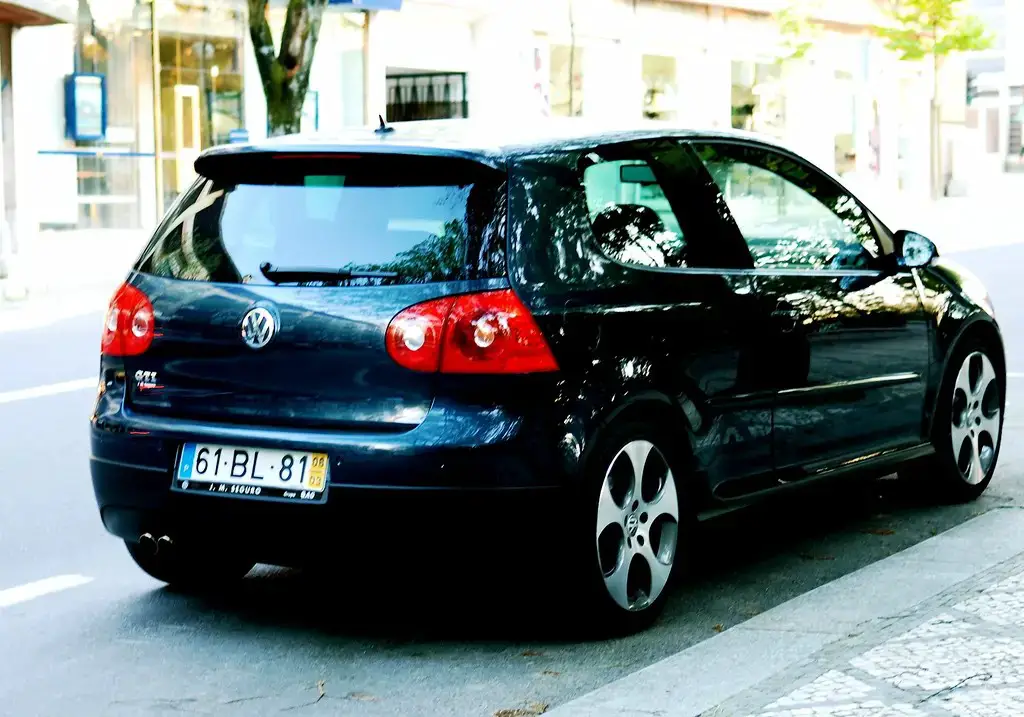
VW Golf V engines
Petrol
- 1.4 BCU and BUD of 74 and 79 horsepower – This engine is strictly limited to city driving. I wonder who even let this engine inside. It’s reliable, sure, but you try to take a drive from Norwhich to Cambridge and it will take longer than The Lord of the Rings extended trilogy.
- 1.4 FSI BLN of 90 horsepower – Barely faster than the slowpoke. Is it now a viable option? I’ll let you decide on that. As for issues, we’ll talk later.
- 1.4 TSI CAXA of 122 horsepower– This engine made it’s debut here, at the VW Golf V. Yea sure, it was a pretty powerful engine but being new technology it had issues. It’s timing chain was as frail as my confidence when I talk to women and so the chain would stretch and wreck the engine if you ignored it long enough.
- 1.4 TSI CAVD of 140 and 170 horsepower– What’s even worse than the 1.4 TSI? A 1.4 TSI with both a turbo and a supercharger. One of the worst engines in terms of reliability, and if you insist on driving it long enough you will eventually wreck the pistons.
- 1.6 BSE of 102 horsepower– The run of the mill engine. The cookie cutter. The bread and butter. Occasionally it eats up ignition coils and oil, but this old fashioned engine still remains relevant for just about any task.
- 1.6 FSI BLP of 116 horsepower– Much like the 1.4 MPI, the 1.6 MPI got an FSI system and it receives a massive 15 bhp increase. Now you’re gonna smoke more pedestrians.
- 2.0 FSI BLR of 150 horsepower– The old 2.0 MPI doesn’t attend the party, but the FSI does. The most reliable performance engine on the VW Golf V is a rare beast that mechanics avoid, but it’s the safest bet if you want to go fast.
- 2.0 TFSI BYD GTI of 200 horsepower– The genesis of the 2.0 TFSI happened with the Golf V GTI. We already know about this engine that got to power anything up to the Audi A6, with it’s legendary oil consumption that can go up to 1 litre per 1000 kms.
- 2.5 l-5 BGP and BGQ of 150 horsepower – VW’s finest hour in terms of naturally aspirated engines, the 2.5 BGP and BGQ 5 cylinder petrol was reserved for the USA spec VW Golf V, also known as the VW Rabbit. Hilariously reliable, this engine will go way over the 250,000 miles mark with minimum intervention, and most of the interventions will be made with the coilpacks and PCV valves but that’s it. The Mk V Rabbit really was a hit.
- 3.2 VR6 BUB of 250 horsepower - The glorious R32 Golf retains the 3.2 not-quite-V6 and it's massive power and massive understeer. A living legend, because they are as rare as hen's teeth. Or days when I don't wake up with squeaking sounds from my joints.
Diesel
- 1.9 TDI BKC / BXE / BLS / 50 other codes of 90 and 105 horsepower – The good old 1.9 TDI spends its retirement days on the Golf V. A largely documented engine, with all it’s reliability, issues, performance and noise. Most of these engines today have a billion kms, and they can still take on the next billion kms. Somewhere very late in their life they need new engine mounts and a new crankshaft.
- 2.0 SDI BDK of 75 horsepower – They could’ve given only 5 bhp to this engine. It wouldn’t have made a difference. This engine sacrifices performance for total reliability and it’s a pretty good choice for the work-horse VW Caddy. But not here.
- 2.0 TDI BKD / BMM / BMN / CBDB of 140 and 170 horsepower – You’d think that this engine is plagued with issues, and you’d be wrong. This 2.0 TDI is not the one from the Passat B6 and it doesn’t have specific issues.
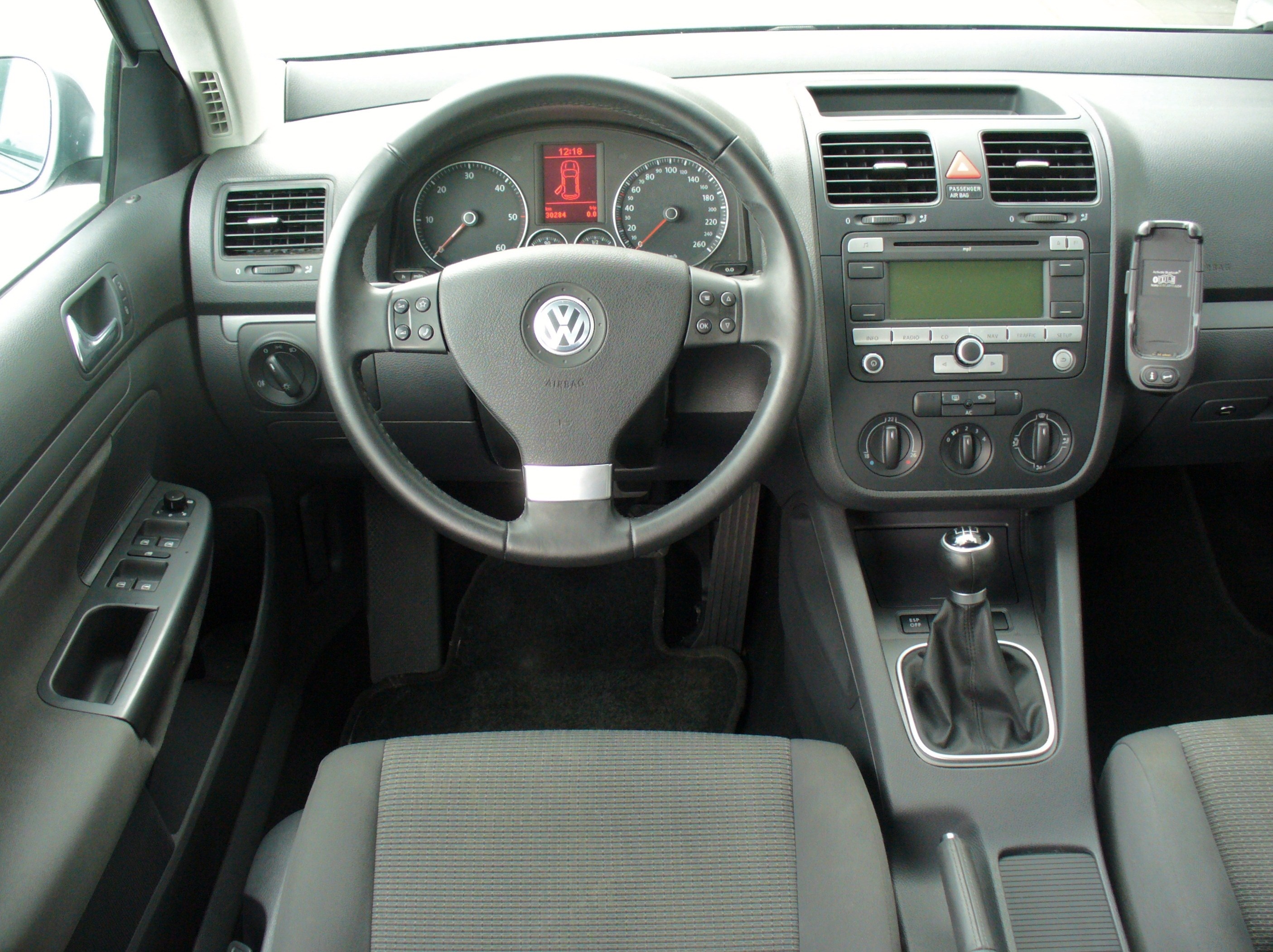
VW Golf V Reliability Issues
- Like any VW product from this era, there are issues with the A/C condenser. Not as bad as on the Octavia II, but if the unit is from Valeo you should put some money aside for the inevitable moment.
- The doorlocks lock themselves and break down. It’s not as bad as with the Polo, Octavia or Audi A3.
- Some of the engines come with the newly-launched DSG automatic gearbox. In order to avoid a world of pain, make sure to change the oil and filter every 37,000 miles / 60.000 km. Also, make sure to pray every Sunday so that the Mechatronic unit doesn’t fail as it can’t be repaired and costs so much you might aswell buy another Golf.
- For the FSI engines you should note that they aren’t 100% compatible with LPG. These engines will use only a mix of 70% LPG and 30% petrol at all times, so take that into account. Furthermore, the timing chain and the electronics are different from the regular versions and mechanics usually avoid these engines. They are usually reliable, but take note on these things.
- The ABS and ESP modules are another issue of VW from 2005. In case you care about that. If you have the 1.4 petrol, you certainly won’t ever go fast enough in order to need that ABS or ESP.
VW Golf V verdict
The VW Golf V is much like a night in Prague: Short, yet memorable. It’s possible that you’ll end with some issues after that intense night spent in the Czech capital. But from now, all your experiences will compare to this one. And so, the Golf V remains a reference point for the automotive industry. And a proof of it’s popularity is the fact that there are a lot of these cars still rolling in 2020.
What engines do I recommend? If you want a car that does it all and you’re not particularly in a hurry, the 1.6 naturally petrol petrol is the best buy. As for the diesels, the 1.9 TDI is older but sturdier and the 2.0 TDI is much more powerful but not so sturdy. Imma let you choose on that.
Similar Articles
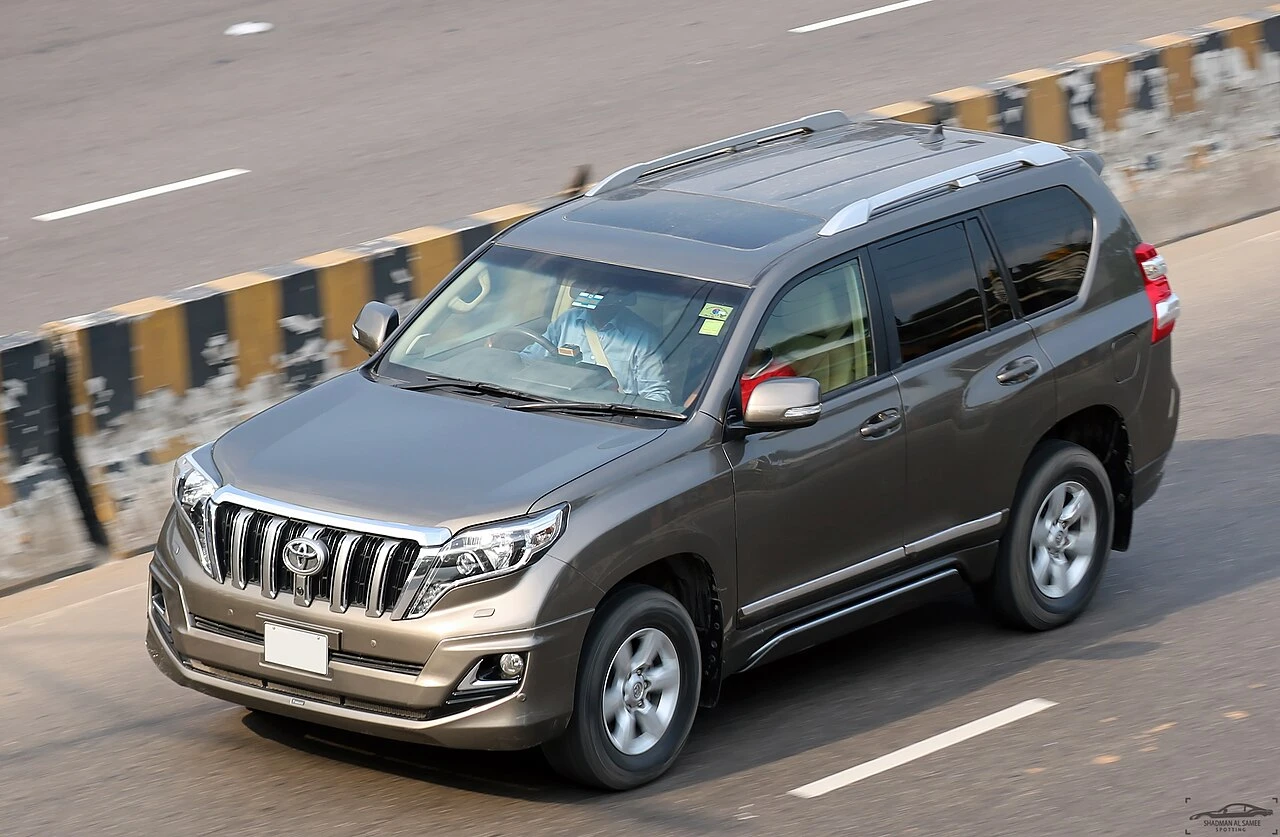
Review : Toyota Land Cruiser J150 ( 2009 - 2023 )
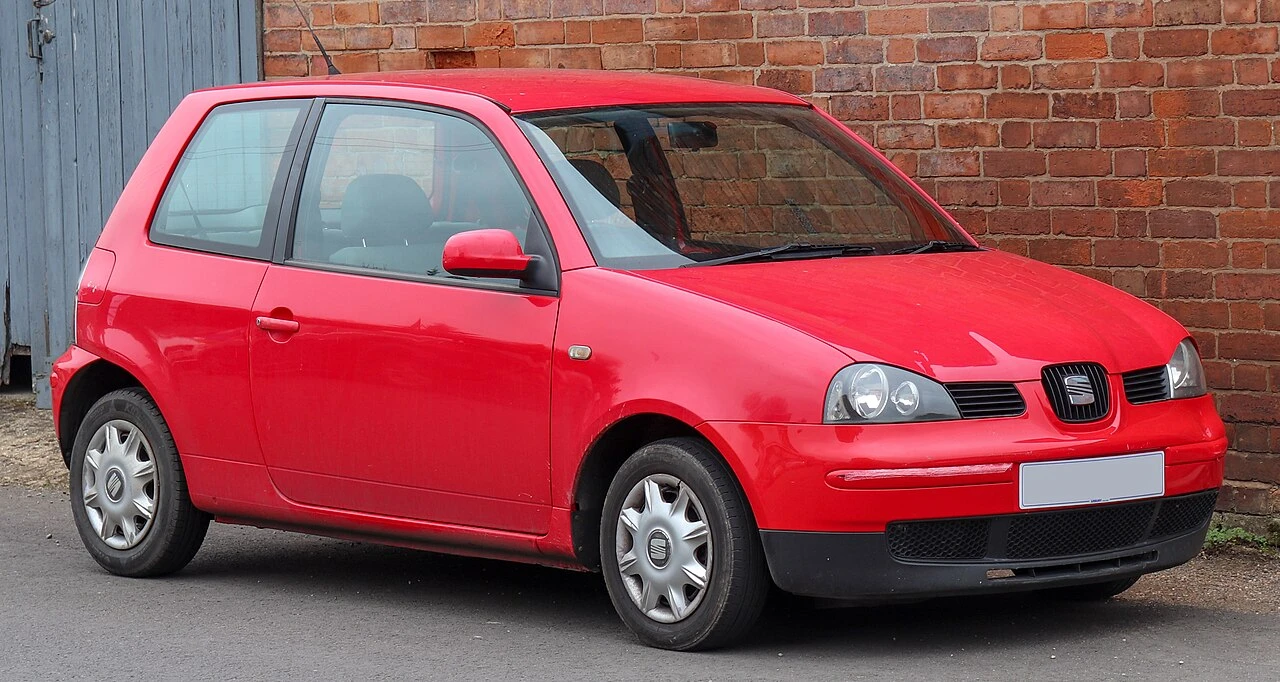
Review : Seat Arosa ( 1997 - 2004 )
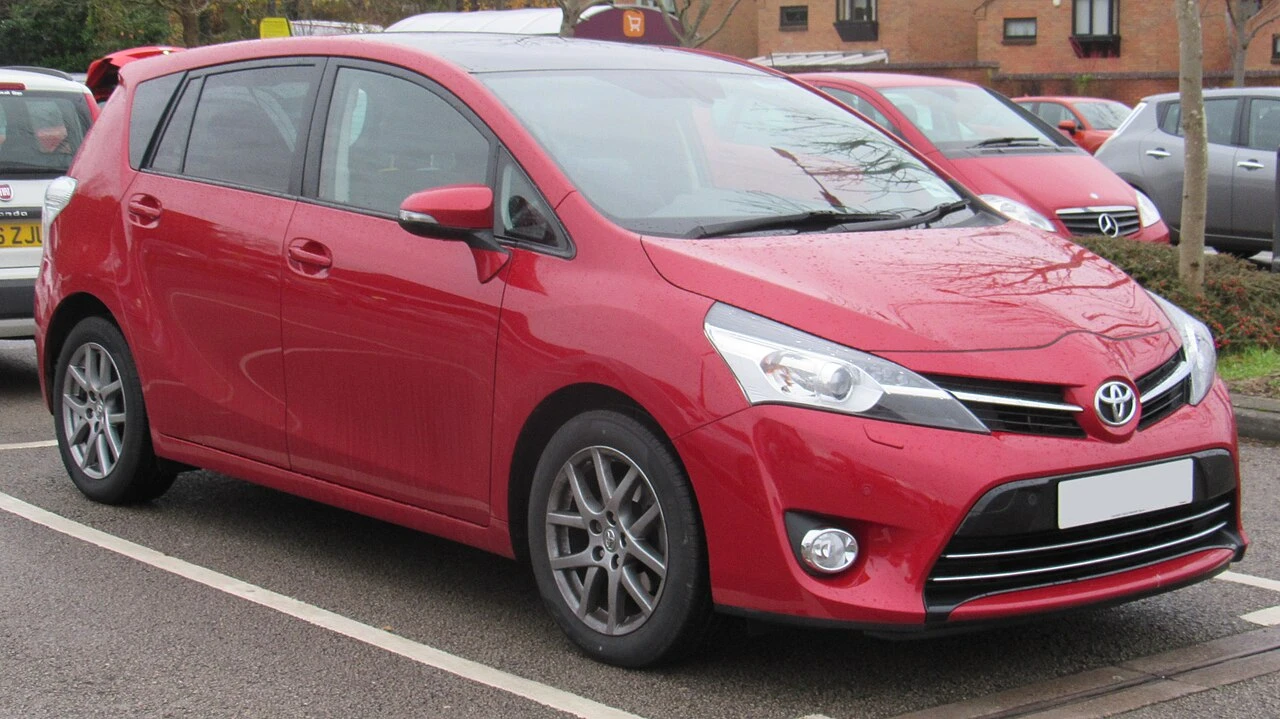
Review : Toyota Verso AR20 ( 2009 – 2013 )
Write an answer
- Review : Toyota Land Cruiser J150 ( 2009 - 2023 ) 15 December 2025
- Review : Seat Arosa ( 1997 - 2004 ) 01 October 2025
- Review : Toyota Verso AR20 ( 2009 – 2013 ) 10 November 2025
- SCSC la SBVBSVSSBSB
- Malik la “For food lovers, UKMenuAll is a must-visit websit...
- Gargas la As a Citigo owner, I can say the following: – for...
- December 2025
- November 2025
- October 2025
- August 2025
- July 2025
- April 2025
- March 2025
- February 2025
- January 2025
- December 2024
- November 2024
- October 2024
- August 2024
- July 2024
- June 2024
- May 2024
- April 2024
- March 2024
- February 2024
- January 2024
- December 2023
- November 2023
- October 2023
- September 2023
- August 2023
- July 2023
- June 2023
- May 2023
- April 2023
- March 2023
- February 2023
- January 2023
- December 2022
- November 2022
- October 2022
- September 2022
- August 2022
- July 2022
- June 2022
- May 2022
- March 2022
- April 2021
- January 2021
- December 2020
- November 2020
- October 2020
- September 2020
- August 2020
- July 2020
- March 2020
Way cool! Some extremely valid points! I appreciate you penning this write-up and also the rest of the site is also very good.